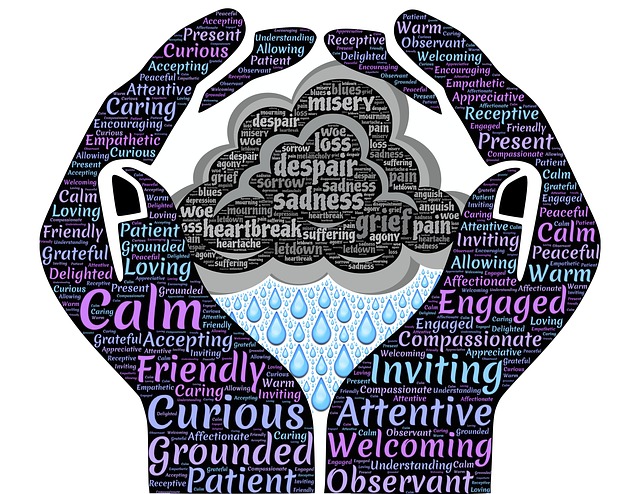Aprendizaje de los cuidados paliativos por proyectos de investigación: cuando no es posible reformar el currículo
Contenido principal del artículo
Resumen
El aprendizaje basado en proyectos es un conjunto de tareas basadas en la resolución de preguntas o problemas, que implica al alumno en el diseño y planificación autodidáctica, en la toma de decisiones y en procesos de investigación, dándoles la oportunidad para trabajar de manera relativamente autónoma durante la mayor parte del tiempo, que culmina en la realización de un producto final presentado ante los demás. Estudio de caso: cinco estudiantes de tercer año de carrera en Medicina decidieron investigar en el campo de los cuidados paliativos (CP), con el obstáculo que el currículo de la institución no cuenta con una asignatura o rotación propia en CP. La enseñanza de los cuidados paliativos mediante proyectos de investigación busca recoger la complejidad humana para superar la brecha existente entre los diversos saberes que se han atomizado a expensas de la fragmentación del conocimiento. Los resultados muestran que los proyectos de investigación son una alternativa que permite desarrollar habilidades del pensamiento superior, aprendizaje para la vida y valores.
Detalles del artículo
Sección

Esta obra está bajo una licencia internacional Creative Commons Atribución-NoComercial 4.0.
Cómo citar
Referencias
Blumenfeld, PC.; et. Al. Motivating project- based learning: Sustaining the doing, supporting the learning. Educational Psychologist, 1991, 26(3:4), 369-398.
Bruner, J. (1978). “Learning how to do things with words”. In J. S. Bruner and R. A. Garton, (eds), Human Growth and Development (pp. 62–84). Oxford: Clarendon Press.
Del Moral Ituarte, C., y Sobrino López, D. (2016). Aprendizaje basado en proyectos en ciencias sociales. Iber: Didáctica de las ciencias sociales, geografía e historia (82), 4-6.
Diaz-Barriga, F. (2010). Estrategias Docentes para un aprendizaje significativo. Cap. 5, 6. Pp 115-175.
Larmer, J., Ross, D., y Mergendoller, J. (2009). Why We Changed Our Model of the “8 Essential Elements of PBL”. En J. Larmer, D. Ross y J. Mergendoller. Project Based Learning (PBL) Starter Kit, (Chapters 4,5,6. Pp 49-75-101). California: Buck Institute for Education Buck Institute for Education.
López, M. (2013b). Proyectos de investigación: cuestiones previas. 2ª parte. Escuela, (3976), 36.
López, M. (2013c). Proyectos de investigación: desarrollo. 3ª parte. Escuela, (3980), 36.
Maldonado, M. (2008). Aprendizaje basado en proyectos colaborativos. Una experiencia en educación superior. Laurus, 14(28), 158-180. Recuperado de http://www.redalyc.org/articulo.oa?id=76111716009
Markham, T., Larmer, J., y Ravitz, J. (2003). Project Based Learning Handbook: A Guide to Standards-Focused Project Based Learning for Middle and High School Teachers. California: Buck Institute for Education.
Morin, E. (2002). Los siete saberes necesarios para la educación del futuro. Francia: Unesco.
Perrenoud, P. (2005). Diez nuevas competencias para enseñar. Educatio Siglo XXI, 23, 223-229. Recuperado de https://revistas.um.es/educatio/article/view/127
Proyecto Primas. (2017). El proyecto europeo Primas. Recuperado de http://www.primas-project.eu/es/index.do
Sánchez, J. (2013). Qué dicen los estudios sobre el aprendizaje basado en proyectos. Actualidad pedagógica. Recuperado de https://web.archive.org/web/20160502054849/http://actualidadpedagogica.com/estudios_abp/
Vergara, J. (2016). Aprendo porque quiero. El aprendizaje basado en proyectos (ABP) paso a paso. España: Ediciones SM. Recuperado de https://diegosobrino.com/2016/11/15/aprendizaj-proyectos-abp-juan-jose-vergara/
Zavala, A, (2007). Aprendizaje basado en proyectos, sistematización de la enseñanza. [Diapositivas]. Recuperado de http://www.slideshare.net/sistematizacion/aprendizaje-basado-en-proyectos





